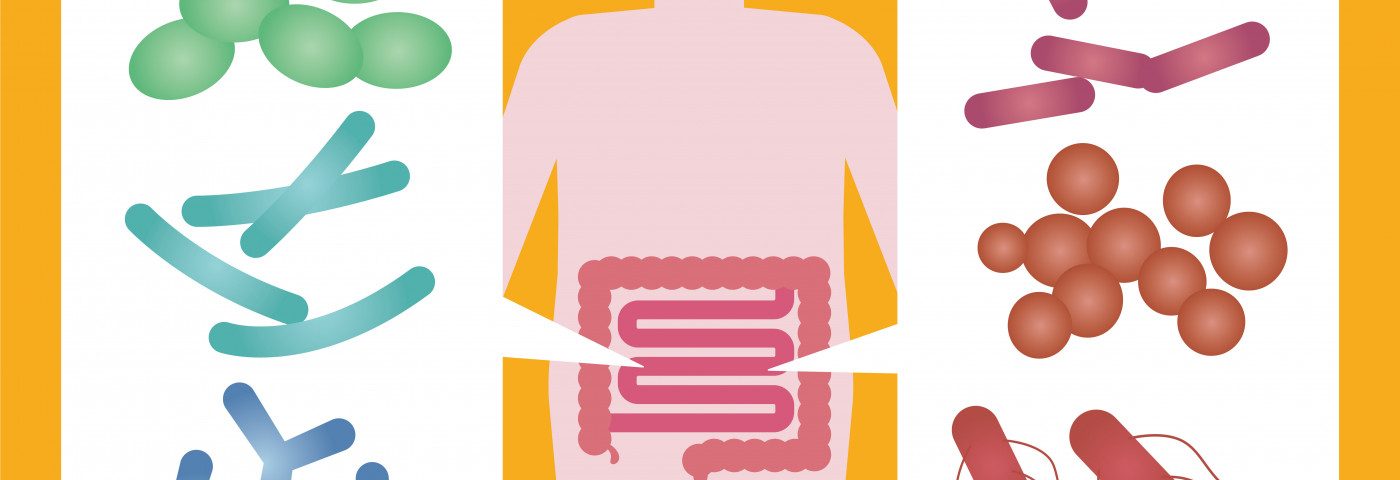Bacterial and fungal profiles found in fecal samples from people with inflammatory bowel disease (IBD) were able to predict the patients’ responses to the anti-inflammatory therapy infliximab, a study revealed.
These findings support the development of a predictive test that would help clinicians to choose the most effective treatment for their IBD patients.
The study, “Bacterial and Fungal Profiles as Markers of Infliximab Drug Response in Inflammatory Bowel Disease,” was published in the Journal of Crohn’s and Colitis.
IBD is a general term to describe disorders characterized by chronic inflammation of the digestive tract. The two most common forms of IBD are ulcerative colitis (UC), which is limited to the colon, and Crohn’s disease (CD), found anywhere along the digestive tract.
Anti-inflammatory medications are the standard treatment for IBD, and in some cases, surgery is required. If these therapies fail to control inflammation, then infliximab can be used as an alternative treatment.
The analysis revealed that bacterial and fungal profiles were significantly different — before infliximab therapy — between patients who responded and those who did not.
In non-responders, the team found a lower abundance of bacteria that produces a type of fat called short-chain fatty acids, particularly of the class of bacteria known as Clostridia.
Moreover, compared with responders, those who failed to respond to infliximab treatment had a higher abundance of bacteria and fungi associated with inflammation, in particular, the fungus Candida.
A statistical calculation supported these results, showing that bacteria profiles could predict responses to infliximab treatment in both UC and CD patients with an area under the curve (AUC) greater than 0.8, which is above the acceptable level as a good predictor of response.
The study also showed how infliximab treatment had a beneficial effect on the gut microbiota in these patients.
Based on the findings, “fecal bacterial and fungal microbiota composition could provide a predictive tool to estimate [infliximab] response in IBD patients,” the researchers concluded.
“Such a predictive test would make it possible to choose the appropriate therapy, providing savings in drug therapy costs in healthcare,” Nissilä said.

